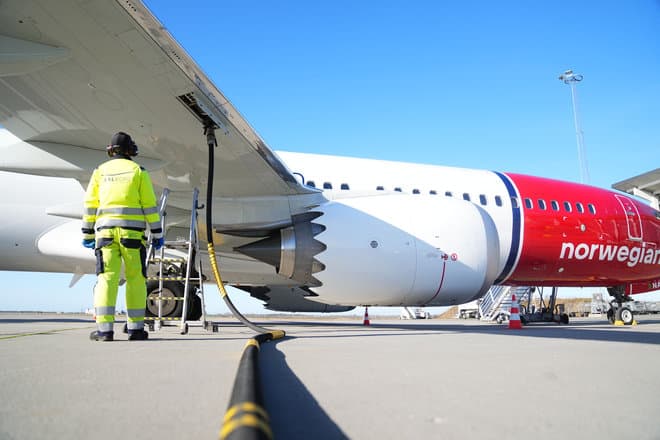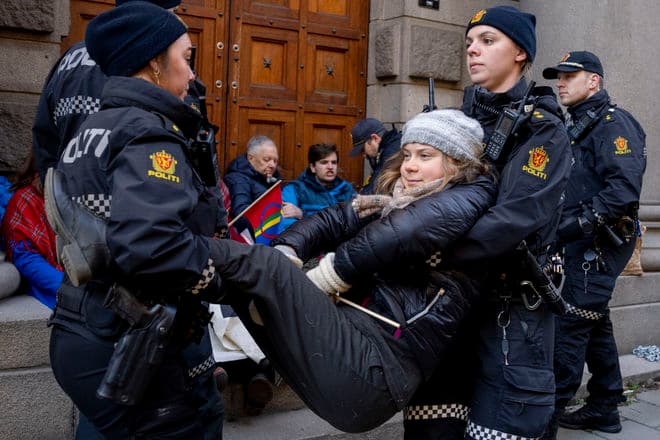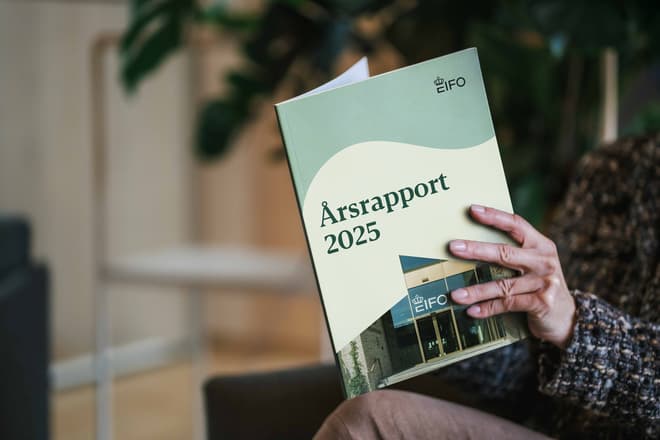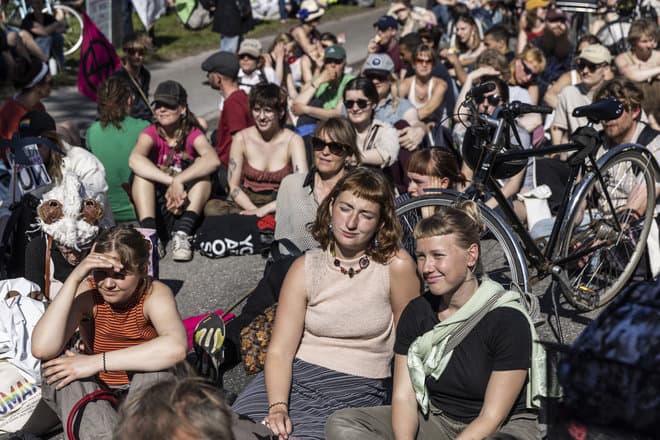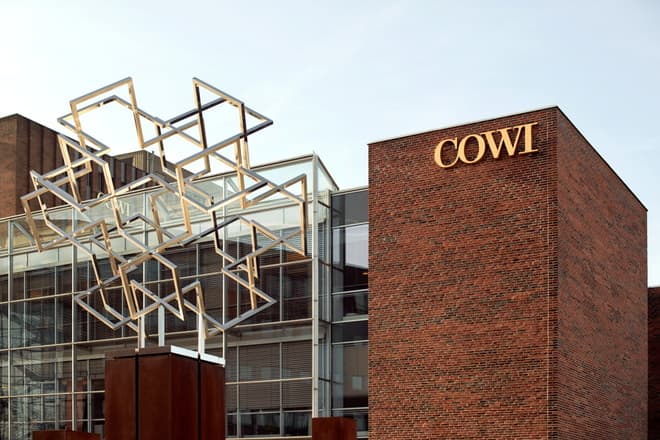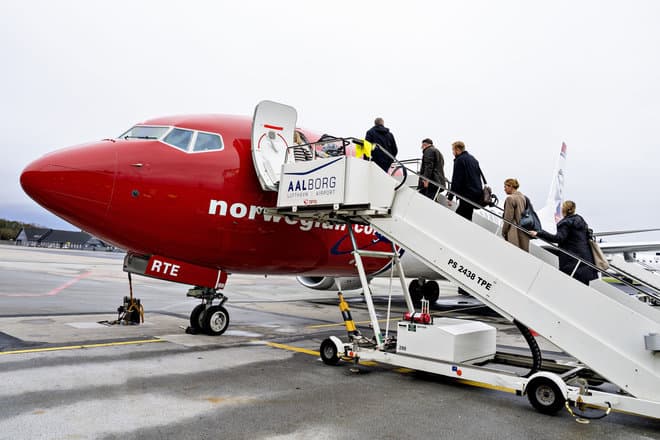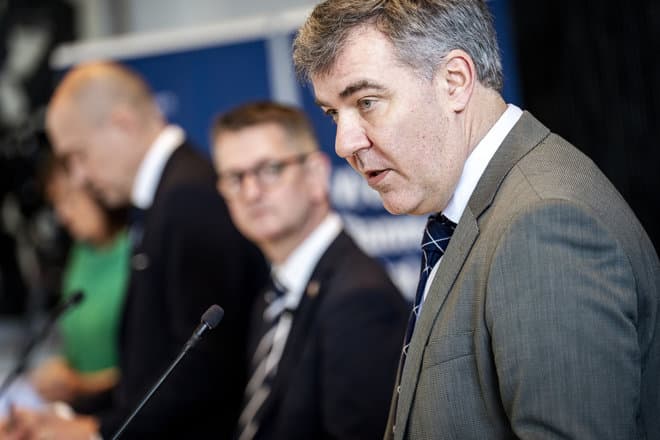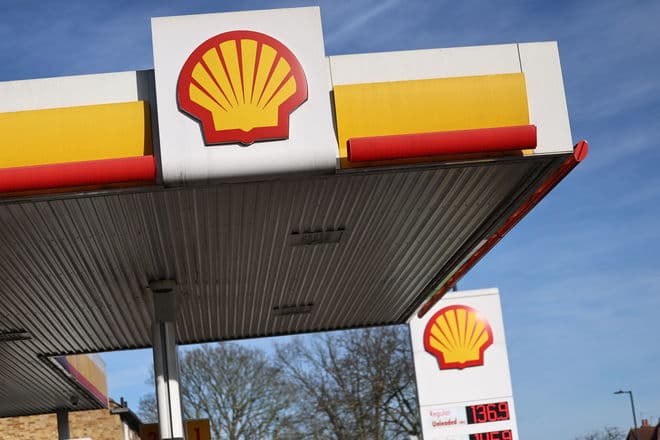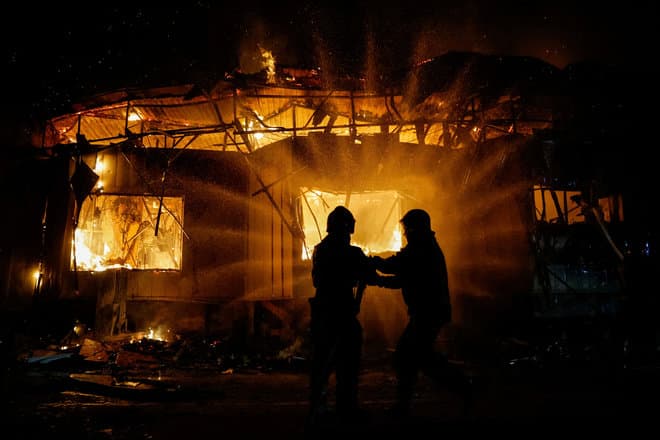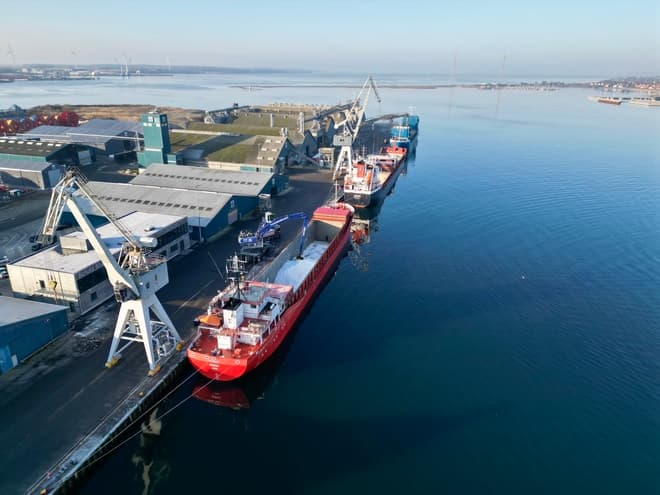The government is ready to initiate negotiations on the high energy prices. Minister for Climate, Energy and Utilities Dan Jørgensen (S) has called the parties in the Danish Parliament to discuss the issue on Tuesday next week.
- The government is taking the rising energy prices, which we have been following very closely with growing concern, says Dan Jørgensen in a written comment.
On Thursday, the leader of the Liberal Party, Jakob Ellemann-Jensen, wrote in a letter to Finance Minister Nicolai Wammen (S) that he would like to see the government call for negotiations.
- Many people are currently experiencing sharp price increases for heating and electricity, which unfortunately make it much more expensive to be a Dane. This is particularly affecting pensioners and others who may have difficulty making ends meet, says Ellemann-Jensen in a written comment.
Among other things, the Liberal Party has proposed to allocate 50 million kroner to DKK targeted at pensioners, who can then apply for a heating supplement. The DKK 50 million comes on top of the DKK 100 million that the government allocated at the end of last year in a so-called heating package for the municipalities' increased expenses.
For example, for personal supplements for pensioners and cash benefits recipients. Venstre has also proposed lowering the electricity tax.
Supporting parties also want subsidies
The government's supporting parties SF and the Unity Party also want to see subsidies given to heat Danish homes.
- Not all families have the money to handle large unexpected fluctuations in heating bills - even if it may be short-term.
- That is why we will find money for a heating subsidy for those citizens who are particularly hard hit by rising heating prices, says SF's climate and energy spokesperson, Signe Munk.
She proposes that the subsidy be financed from state revenues from the sale of CO2 quotas.
Mai Villadsen, political spokesperson for the Unity Party, says that it is time for the government to call for negotiations on energy prices.
- The Unity Party has been calling out since the beginning of November, and many families, pensioners and vulnerable groups are already under enormous pressure, she writes on her Twitter profile.
More expensive to be a Dane
Rising energy prices have for a period helped to make everyday life more expensive for Danes. The trend continued in December, when consumer prices rose by 3.1 percent compared to the same month the year before. This was shown in a statement from Statistics Denmark earlier this week.
Especially price increases for electricity and gasoline have pushed up consumer prices.
The higher prices cost an average family several thousand kroner a year. This was estimated by private economist at Arbejdernes Landsbank Brian Friis Helmer earlier this week.
- Consumer prices are currently moving at a high rate. This means that it will be more expensive to be a Dane, and a normal family with children will have to spend DKK 14,100 more out of pocket to buy the same goods and services as a year ago, he said.
Ritzau
Text, graphics, images, sound, and other content on this website are protected under copyright law. DK Medier reserves all rights to the content, including the right to exploit the content for the purpose of text and data mining, cf. Section 11b of the Copyright Act and Article 4 of the DSM Directive.
Customers with IP agreements/major customer agreements may only share Danish Offshore Industry articles internally for the purpose of handling specific cases. Sharing in connection with specific cases refers to journaling, archiving, or similar uses.
Customers with a personal subscription/login may not share Danish Offshore Industry articles with individuals who do not themselves have a personal subscription to Danish Offshore Industry.
Any deviation from the above requires written consent from DK Medier.

